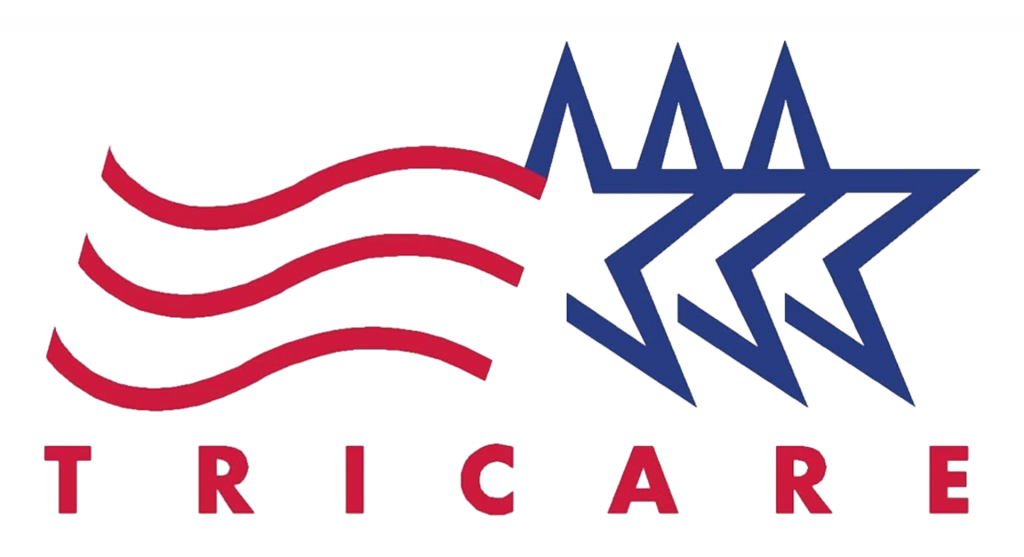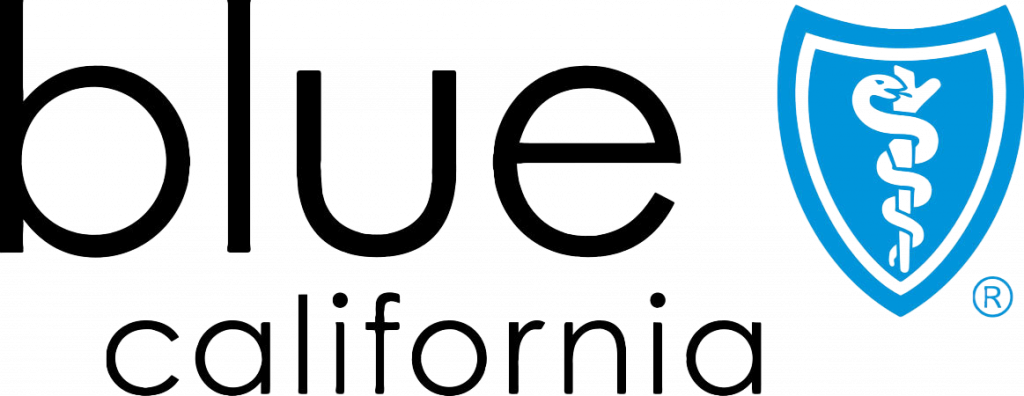As mentioned above, OCD is characterized by a person experiencing a cycle of obsessions and compulsions that interfere with their ability to function. So, what exactly does that mean?
While we use the term ‘obsessions’ in casual language to mean that someone is preoccupied with an idea, an activity, or a person, in this context the word takes on a different meaning. With OCD, obsessions are intrusive, unwanted thoughts, impulses, or images that occur over and over again. Individuals with OCD typically find these thoughts disturbing, and they are often accompanied by uncomfortable feelings such as disgust, doubt or uncertainty, and fear. Obsessions get in the way of important life activities and a person’s values, and are significantly time consuming.
Obsessions are different for every individual and can change over time. They can also vary in clarity and vividness; a vague obsession might involve a general sense of tension or imbalance, while a more specific obsession could involve the thought of a close friend or family member dying. These are some of the most common types of obsessions that people with OCD experience:
Intense fear of coming into contact with contaminated things or substances, such as bodily fluids, germs, dirt, or household chemicals.
Obsessions and the intense emotions that come with them drive individuals to carry out compulsions. Compulsions are repetitive and specific thoughts or behaviors that are intended to counteract or neutralize obsessions. Some people perform compulsions because they feel inexplicably that they must do so, whereas others are trying to mitigate anxiety that comes with obsessive thoughts. People with OCD realize that compulsions are a temporary solution and often illogical, but they rely on compulsions as a coping mechanism for the anxiety and fear caused by obsessions. Compulsions are time consuming and interfere with daily life; they can also include avoiding situations that may trigger obsessions.
The nature of compulsions is usually related to the obsession it is meant to counteract. Common compulsions include:
Excessively washing hands, bathing, brushing teeth, cleaning household items, or avoiding contact with contaminants
Repeatedly checking that one did not harm others or make a mistake, that nothing terrible happened, or the physical condition of one’s body
Counting while performing a task, ‘cancelling’ bad thoughts with good thoughts, praying to prevent harm
Rewriting or rereading, repeating body movements or routine activities in multiples
The main symptoms of OCD are the presence of obsessions and compulsions, but individuals also deal with symptoms related to those. This often includes anxiety, insomnia, difficulty carrying out daily tasks or maintaining relationships, and avoiding events, activities, or situations that could trigger obsessions.
OCD appears to have a genetic component, as individuals with a family history of OCD have a higher likelihood of developing the disorder.
Changes in the brain’s natural chemistry or function can contribute to OCD symptoms.
Obsessions and compulsions can be learned from watching family members or gradually over time.
Stressful life events or trauma can increase one’s risk for OCD or trigger intrusive thoughts.
Obsessive-compulsive disorder can be a serious, debilitating disorder, yet it is often misunderstood or misrepresented. These are some of the most common misconceptions about OCD:
OCD is considered a life-long disorder, and without treatment it often persists for decades, but individuals can seek a number of treatments to help them manage or overcome their symptoms. Once a patient has been given a professional diagnosis of having obsessive-compulsive disorder, there are a number of treatments available that may help manage their condition.
As with most psychiatric conditions, therapy is often a first-line treatment option. One particular method, cognitive behavioral therapy (CBT), is highly effective in people with OCD as it uses “exposure and response prevention therapy” in combination with “cognitive therapy” to effectively shift the way an individual reacts to their triggers and compulsions. Individuals are taught to avoid carrying out their compulsions and instead learn to tolerate the anxiety associated with obsessions. Over time this reduces the frequency and intensity of obsessive thoughts.
There are several options when it comes to medications that can help patients with OCD by minimizing their obsessive-compulsive behaviors. In most cases, antidepressants are also FDA-approved to treat OCD, so doctors may try a series of antidepressant prescriptions to find the right option for their patients.
As of late 2018, the FDA has approved TMS as a treatment option for those diagnosed with OCD. TMS can modulate the anterior cingulate cortex, a region of the brain that is correlated with OCD symptoms. Patients who have not responded to other treatment options such as medication and or therapy may benefit from TMS as it is helpful in stimulating the brain. TMS often results in significant symptom relief.
Contact us for more information about how transcranial magnetic stimulation could help you manage your OCD when other treatments have failed, or to schedule your consult at Bespoke Treatment.









